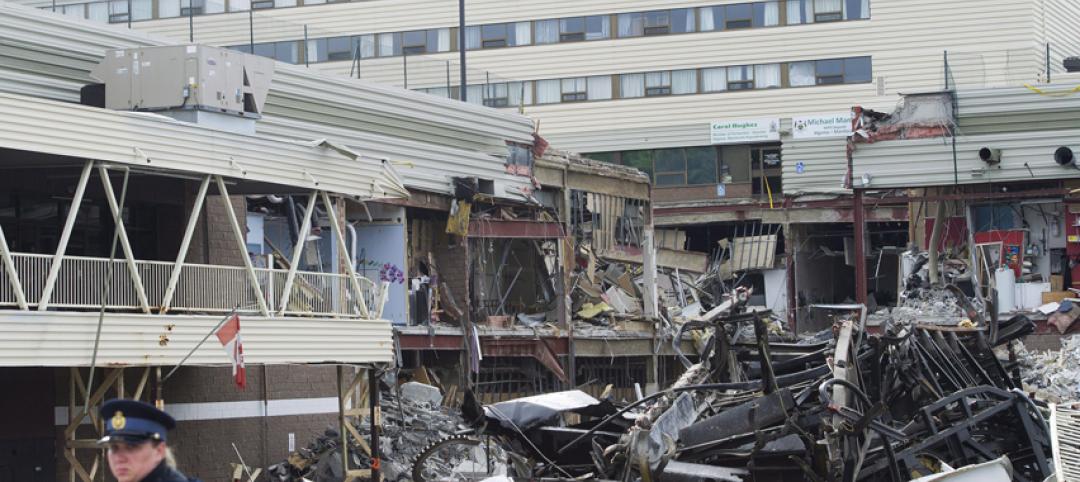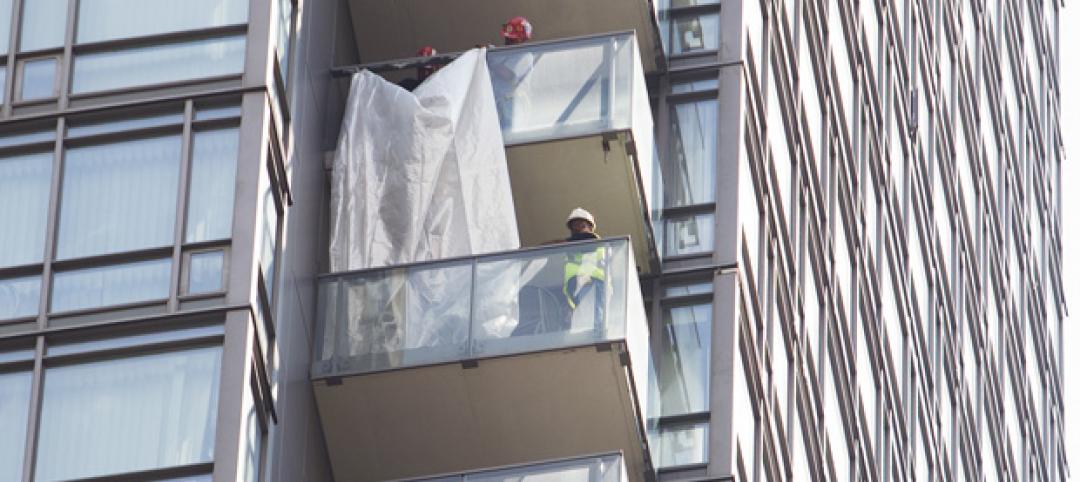The National Institute of Standards and Technology recently submitted a report to Congress outlining steps to improve building functionality after natural disasters.
The report fills a request by Congress for “immediate occupancy (IO)” building codes and performance standards strategies to make more buildings more resilient to a wide variety of hazards. Existing standards and codes focus on reducing the likelihood of significant building damage or collapse, but do not typically address the need to preserve quality of life by keeping buildings habitable and functioning as normally as possible, a NIST official says.
Some of the obstacles to making buildings more functionally resilient after a natural disaster include:
— Convincing communities to invest in IO standards in advance of the event
— Clarifying the costs and benefits
— Influencing and incentivizing private owners to make the necessary investments in their buildings
— Determining special implementation procedures for public buildings since some do not have to comply with local codes
— Dealing with the old structures that tend to house the most at-risk populations
— Determining who is liable for building performance
— Encouraging collaboration in standards development
The report says that “increasing the performance goals for buildings would not be easily achieved, but the advantages may be substantial” and making them a reality “would entail a significant shift in practice for development, construction, and maintenance or retrofit of buildings.”
Related Stories
| Jul 5, 2012
Roof membrane could have prevented roof parking deck collapse, specialist says
The collapse of a section of a roof parking deck at the Algo Centre Mall in Elliot Lake in Ontario, Canada could have been prevented if the structure had a membrane, according to a concrete expert and specialist in structure analysis at McMaster University.
| Jul 5, 2012
New Joplin, Mo. hospital being built to withstand tornado that destroyed predecessor
After the May 22, 2011, EF-5 tornado destroyed St. John’s Regional Medical Center in Joplin, Mo., architects and engineers analyzed how the nine-story structure reacted to the storm.
| Jul 5, 2012
Continued tax breaks necessary for widespread adoption of net zero buildings
Tax breaks passed by the U.S. government to encourage construction of green buildings are set to expire in 2012 and 2013.
| Jun 28, 2012
Six buildings now recognized under Living Building Challenge
The Living Building Challenge (LBC), a green ratings system for design and construction that judges a building based on its actual performance, not just its projected performance at the design stage, has recognized six buildings to date.
| Jun 28, 2012
Label for building products will have ‘global warming number’
The director of the 2030 Challenge for Products says that the organization is aiming to place a label on building products that will list what’s in it, and how much embodied carbon each product represents.
| Jun 28, 2012
Top building material executive urges building resilience in sustainability standards
A meeting of 1,000 business executives at the recent Rio+20 environmental conference featured a passionate plea to include building resilience in efforts to boost sustainability.
| Jun 28, 2012
Following spate of skyscraper balcony glass panel breakages, Ontario adopts code change
Ontario's housing minister announced new building code rules to help prevent glass panels from breaking off high-rise balconies during hot weather.
| Jun 28, 2012
Factory worker deaths in Italy raise questions on building codes after earthquakes
Italian officials are questioning seismic building standards and inspection procedures in the aftermath of two damaging earthquakes.















